In terms of treatment, in addition to a variety of traditional Chinese medicine treatments such as diuretics and anti-inflammatory drugs, acupuncture can also be used as a traditional Chinese medicine method, acupuncture stimulates specific acupuncture points, regulates qi and blood, clears the meridians, thereby achieving the purpose of improving symptoms. Its treatment mechanism includes the synergistic effect of acupuncture points, multi-path initiation, and obvious clinical application value.
Acupuncture points commonly used for chronic prostatitis
Guan Yuan Point
Location: Located 3 inches below the navel (about 7-8 cm) and 2 inches above the pubic bone, this is an important acupuncture point on the Ren meridian. It is also known by other names such as Sanjiejiao, Dazhongji, Xiaji, and Shumen.

Uses: The Guanyuan point is the "root of Qi", which has the effect of replenishing Qi and facilitating urination. According to the perspective of traditional medicine, Qi is the driving force of all life activities. Acupuncture at the Guanyuan point can stimulate Qi, regulate the bladder's qi function, help the bladder open and close properly, thereby improving unpleasant symptoms such as frequent urination and urgency. In clinical practice, this point is often used as the main point to treat lower urinary tract symptoms caused by qi deficiency.
Zhongji acupoint:
Location: Located 4 inches below the navel, on the midline of the abdomen, this is an important acupuncture point on the Ren meridian.
Function: Zhongji acupoint is located near the bladder and is a key acupoint that regulates urinary system function. It can directly act on the bladder. After acupuncture, it can improve the contractile function of the bladder smooth muscle, enhance the bladder's urine storage capacity and excretion ability, and effectively reduce symptoms such as frequent urination and urgency. For lower urinary tract problems caused by bladder dysfunction, the regulating effect of Zhongji acupoint is particularly obvious.
Qi Hai Point
Location: Located 1.5 inches below the navel on the midline of the abdomen, it is an important point on the Ren meridian.
Uses: The Qihai point is known as the "sea of air". It has the effect of replenishing air and enhancing the body's resistance. In traditional medicine, it is believed that only when the body has sufficient blood and energy can it function normally. Acupuncture at the Qihai point can replenish yang energy, strengthen immunity, improve disease resistance, thereby improving lower urinary tract symptoms. For people with weak constitutions and insufficient yang energy, this point can play a very good supporting treatment role.
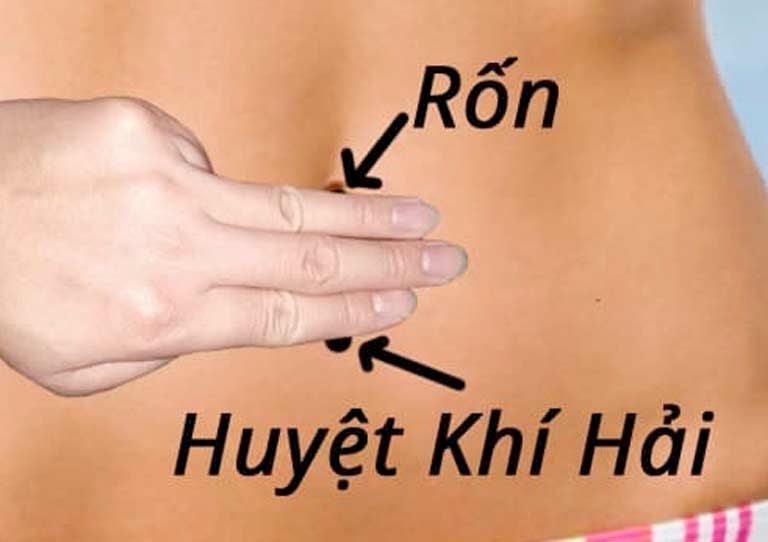
Sanyinjiao acupoint
Location: Located on the inside of the lower leg, behind the tibia, 3 inches from the highest point of the ankle (about 6.5 cm in adults and 5.5 cm in children) is the intersection point of three yin meridians in the foot (spleen meridian, liver meridian and kidney meridian).

Function: The three Yin meridians of the foot are closely related to the urinary and reproductive systems. The Sanyinjiao acupoint regulates the metabolism of bladder fluid by regulating the blood and qi of the liver, spleen, and kidneys. The liver is responsible for excretion, the spleen is responsible for transportation and transformation, and the kidneys are responsible for excretion. When the blood and qi of the three meridians are regulated, the metabolism of bladder fluid will occur normally and the symptoms of the lower urinary tract will improve naturally. This acupoint has a significant effect on the symptoms of the lower urinary tract caused by diseases of the liver, spleen, and kidneys.
Kidney Du Point
Location: Located in the lumbar region. Specifically, this point is located at the same level as the spinous process of the second lumbar vertebra (L2), about 1.5 cun (equivalent to 1.5 inches or 3 cm) from the posterior midline according to traditional medicine. This is an important point of the Taiyang Bladder meridian.
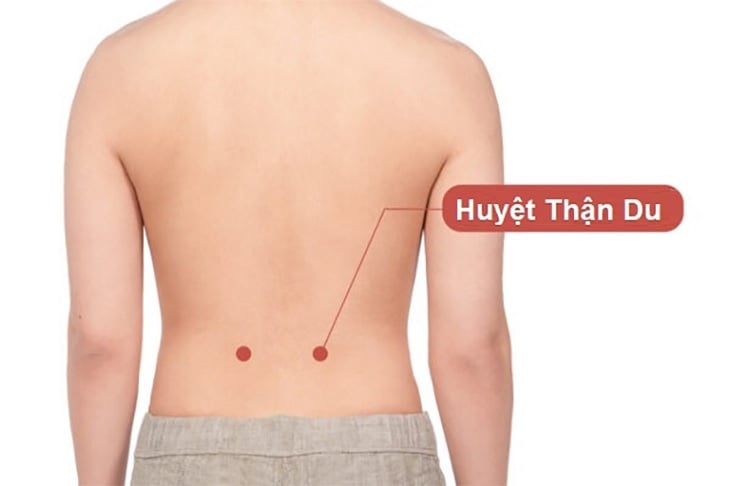
Uses: The Shen Du point is the back point of the kidney, and can directly regulate kidney function. Traditional medicine believes that "the kidney governs water", and when the kidney functions normally, water metabolism will be smooth. Acupuncture at the Shen Du point can improve the circulation of blood and qi in the urinary system, and has a good effect on regulating urinary diseases such as chronic prostatitis, thereby reducing lower urinary tract symptoms.
Yin Lingquan acupoint
Location: Located on the inside of the calf, below the knee, in the depression between the lower border of the medial tibial condyle and the medial border of the tibia. This is an important acupoint on the Spleen meridian (also known as the Taiyin meridian of the foot).
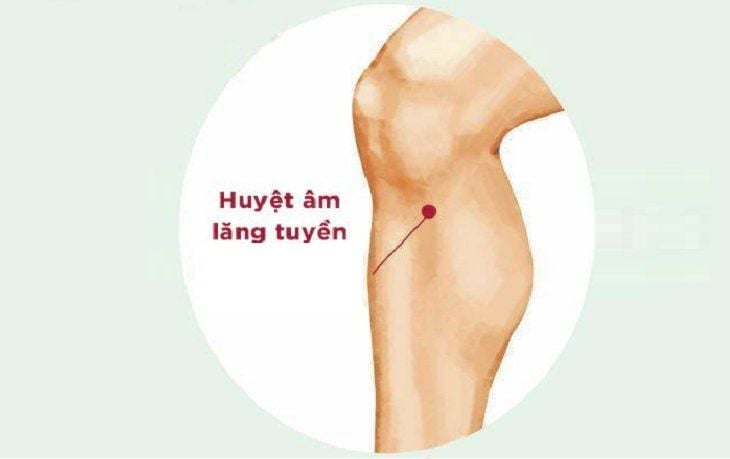
Function: The spleen has the function of transporting and transforming water and moisture. As an important acupoint of the spleen meridian, the Yin Lingquan acupoint has a strong diuretic and excretory effect. It can promote the metabolism of water and moisture, reduce the burden on the bladder, improve bladder function, and have a good effect on relieving lower urinary tract symptoms caused by water retention such as incomplete urination.
The effect of acupuncture in treating chronic prostatitis
Regulating nerve function: The autonomic nervous system plays an important role in regulating bladder sensitivity. When the autonomic nervous system is dysfunctional, the bladder is prone to oversensitivity, causing frequent urination and urgency. Acupuncture can regulate the balance of the autonomic nervous system by stimulating acupuncture points, reducing bladder oversensitivity, and restoring the bladder's sensory and motor functions to normal .
Improve microcirculation: Prostate and bladder circulation is closely related to the occurrence and development of inflammation. Poor microcirculation can lead to the accumulation of inflammatory substances and aggravate symptoms. Acupuncture can dilate local blood vessels, increase blood flow, improve prostate and bladder microcirculation, promote the absorption and excretion of inflammatory factors, and create a good environment for tissue repair.
Anti-inflammatory effect: The immune system is the body's natural barrier against inflammation. Acupuncture can regulate the function of the immune system, enhance the activity of immune cells, inhibit the release of inflammatory mediators, thereby reducing the inflammatory response of the prostate and bladder, and fundamentally relieve lower urinary tract symptoms caused by inflammation.
Pain relief: Patients with chronic prostatitis often experience pain in the lower abdomen, perineum, and other parts of the body. Acupuncture can relieve pain in several ways: first, it slows down the transmission of pain signals and reduces pain sensation; second, it optimizes the brain's perception of pain and reduces the discomfort caused by pain; third, it weakens the inflammatory response and reduces pain-causing factors. Many mechanisms work together to effectively relieve chronic pain.
Combined effects of 6 acupoints for treating chronic prostatitis
The six acupoints Guan Yuan, Zhongji, Qihai, Sanyinjiao, Shenyu and Yinlingquan act from different angles: Guan Yuan and Qihai replenish qi and strengthen the body; Zhongji and Yinlingquan regulate the bladder and aid urination; Sanyinjiao and Shenyu regulate internal organs and regulate qi and blood. They work together to form a complete treatment system, effective in reducing lower urinary tract symptoms of chronic prostatitis and improving the patient's quality of life.
According to current medical research, the effectiveness of acupuncture in the treatment of chronic prostatitis has been confirmed through clinical trials and mechanism exploration. Research shows that the analgesic mechanism and immune response mechanism of acupuncture play an important role in treatment, and its effectiveness has been systematically and comprehensively evaluated. At the same time, research also shows that acupuncture treatment has the advantages of few side effects and good patient tolerance, providing a solid scientific basis for clinical application.
In summary, acupuncture treatment of lower urinary tract symptoms of chronic prostatitis has become a recommended treatment method due to its clear acupoint effects, scientific mechanism of action and reliable clinical efficacy. With modern research constantly being deepened, the treatment mechanism of acupuncture has brought confidence and good news to more patients with chronic prostatitis.
Source: https://suckhoedoisong.vn/cham-cuu-dieu-tri-viem-tuyen-tien-liet-169250729140946046.htm


![[Photo] National Assembly Chairman Tran Thanh Man receives a business delegation from the Europe-ASEAN Business Council](/_next/image?url=https%3A%2F%2Fvphoto.vietnam.vn%2Fthumb%2F1200x675%2Fvietnam%2Fresource%2FIMAGE%2F2025%2F11%2F24%2F1763989198212_ndo_br_bnd-7394-jpg.webp&w=3840&q=75)




![[Photo] Prime Minister Pham Minh Chinh attends the patriotic emulation congress of the banking sector](/_next/image?url=https%3A%2F%2Fvphoto.vietnam.vn%2Fthumb%2F1200x675%2Fvietnam%2Fresource%2FIMAGE%2F2025%2F11%2F24%2F1763981997729_tt-nhnn-jpg.webp&w=3840&q=75)



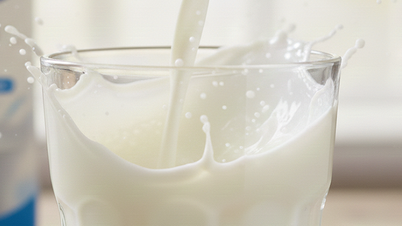
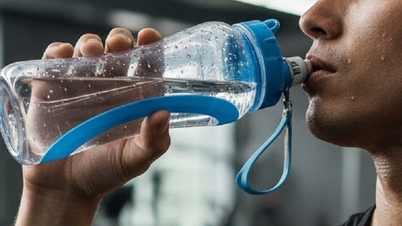
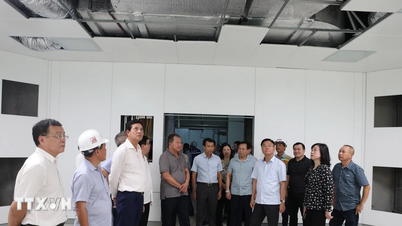

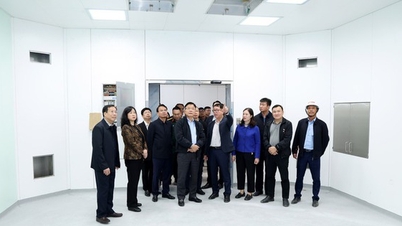










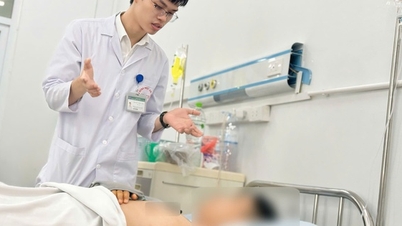

![[Photo] Next to the "mountain of trash" after the flood, Tuy Hoa residents strive to rebuild their lives](/_next/image?url=https%3A%2F%2Fvphoto.vietnam.vn%2Fthumb%2F1200x675%2Fvietnam%2Fresource%2FIMAGE%2F2025%2F11%2F24%2F1763951389752_image-1-jpg.webp&w=3840&q=75)




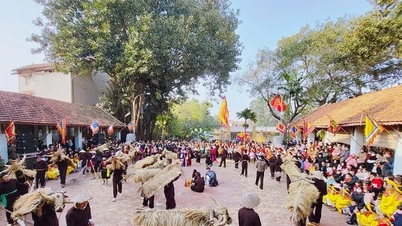

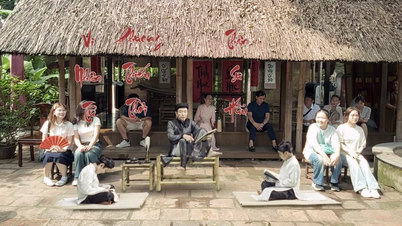

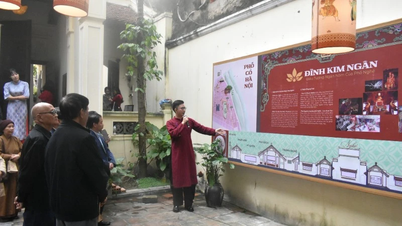









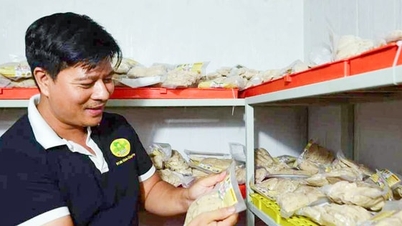









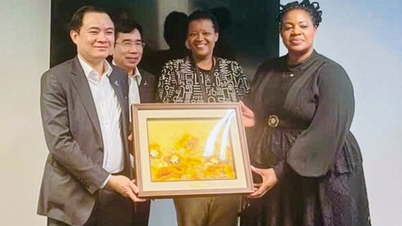
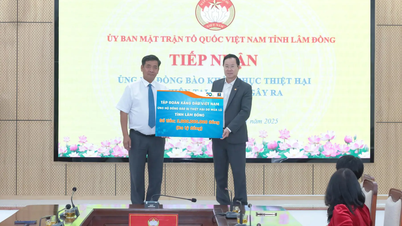






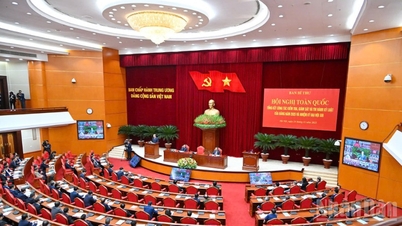

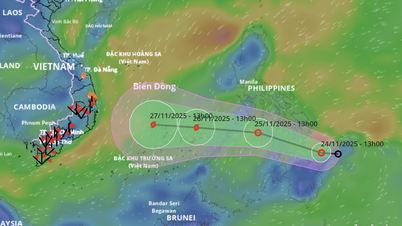



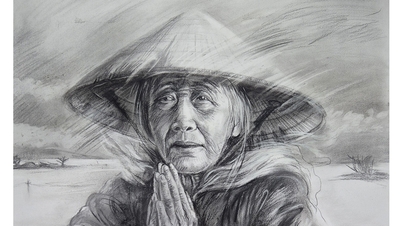

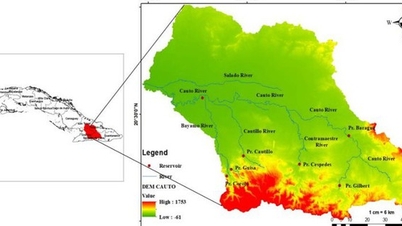

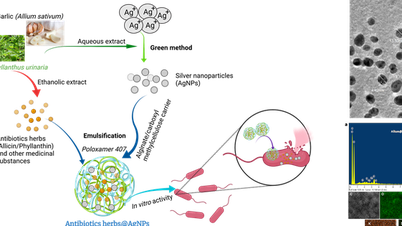



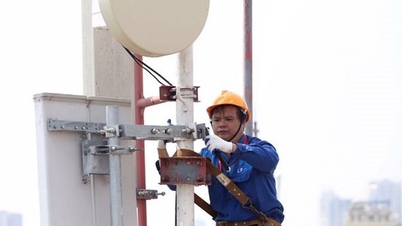




















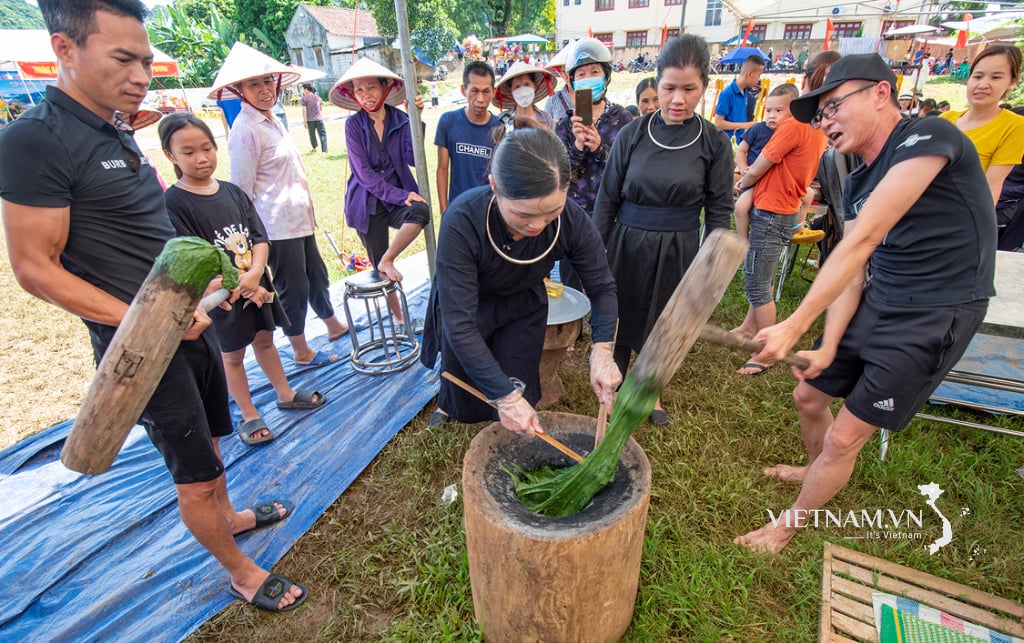

Comment (0)